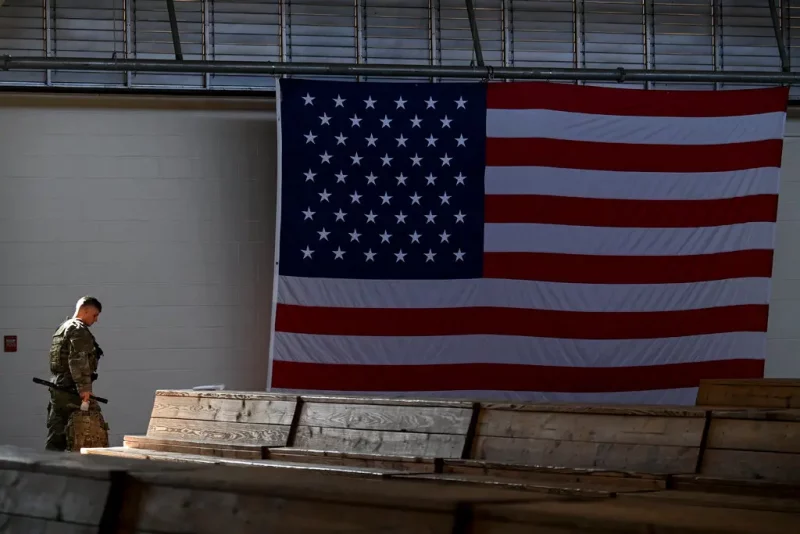Army Bases That Honor Confederate Traitors Could Soon Be Renamed for These Heroes
Share
Explore Our Galleries
Breaking News!
Today's news and culture by Black and other reporters in the Black and mainstream media.
Ways to Support ABHM?
By Chris Cameron, New York Times
The names “embody the best of the United States Army and America,” a commission established by Congress wrote in announcing its choices.

During the Jim Crow era, nine Southern Army bases were named for treasonous Confederate generals who fought to preserve slavery and white supremacy. Now a commission established by Congress has suggested new names for the bases that “embody the best of the United States Army and America.”
Fort Bragg in North Carolina would be renamed Fort Liberty, if the recommendations are approved by Congress. The other bases would honor some of the Army’s most distinguished heroes. These are their stories:
Fort Johnson (Fort Polk, La.)
Sgt. Henry Johnson
Pvt. Henry Johnson deployed to Europe during World War I in a storied Black regiment known as the Harlem Hellfighters. The U.S. armed forces were segregated, and the Hellfighters were not allowed to fight on the front lines with other American troops. Instead, the Black soldiers fought under the command of their French allies.
That put Private Johnson and his unit at the front lines, “against all odds — Black Americans wearing French uniforms,” in the predawn hours of May 15, 1918, as German troops swarmed his sentry post at the edge of the Argonne Forest, according to a biography provided by the naming commission.
Private Johnson threw grenades until he had no more left to throw. Then he fired his rifle until it jammed. Then he clubbed enemy soldiers with the butt of his rifle until it split apart. Then he hacked away at the enemy with his bolo knife.
After the Germans retreated, daylight revealed that Private Johnson had killed four enemy soldiers and wounded an estimated 10 to 20. He suffered 21 wounds in combat.
Read about the soldiers whos sacrifices may be honored.
In recognition of the trauma Black Americans experience that stems from racism, streets and schools have been renamed and statutes replaced.









Comments Are Welcome
Note: We moderate submissions in order to create a space for meaningful dialogue, a space where museum visitors – adults and youth –– can exchange informed, thoughtful, and relevant comments that add value to our exhibits.
Racial slurs, personal attacks, obscenity, profanity, and SHOUTING do not meet the above standard. Such comments are posted in the exhibit Hateful Speech. Commercial promotions, impersonations, and incoherent comments likewise fail to meet our goals, so will not be posted. Submissions longer than 120 words will be shortened.
See our full Comments Policy here.